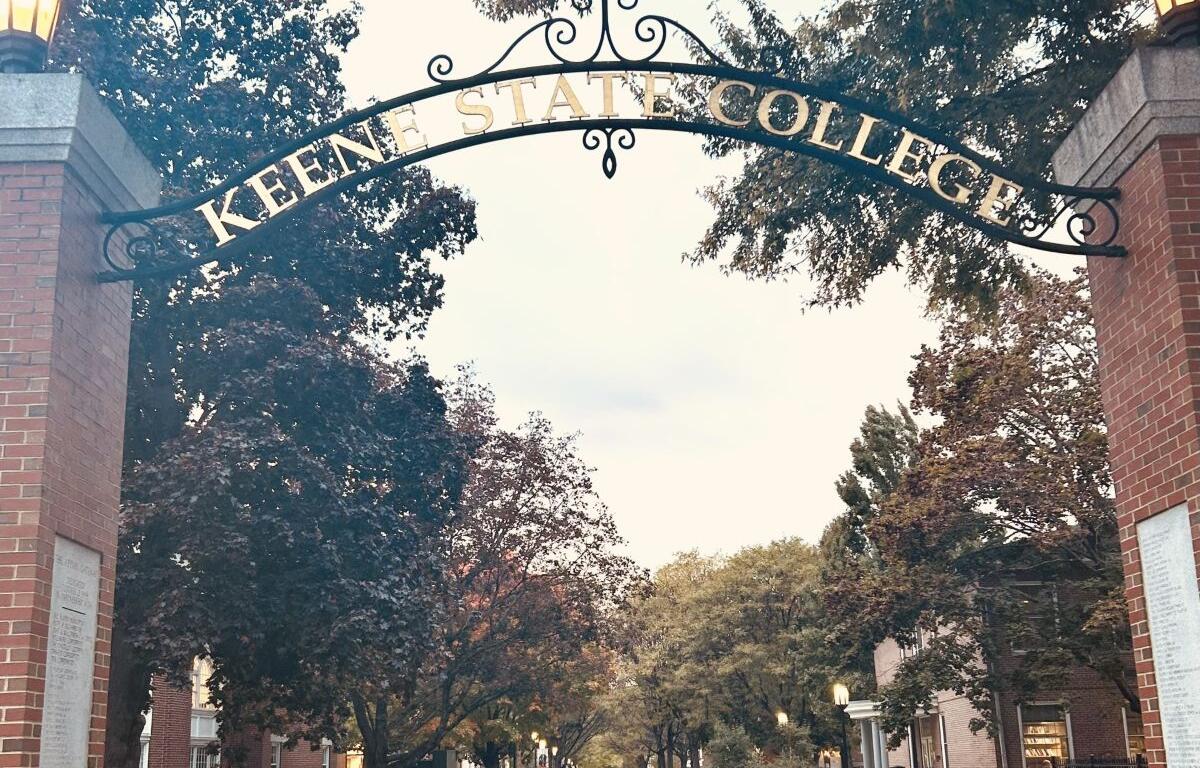KEENE, N.H. (MyKeeneNow) Listeners of WKBK’s Good Morning with Dan Mitchell heard directly from Keene State College President Melinda Treadwell today, as she laid out the realities facing both her campus and higher education across New Hampshire.
Treadwell, who has led the college since 2017, described a financial environment that has grown increasingly difficult. When she stepped into the presidency, Keene State was already dealing with a nearly $19 million deficit. Now, recent state budget decisions have further squeezed resources, with lawmakers cutting $29 million from the University System of New Hampshire, which includes UNH, Plymouth State, and Keene State. New Hampshire, she noted, already ranks last in the nation for public funding of higher education.
Despite these headwinds, Treadwell highlighted a number of strategies Keene State has adopted to remain viable. The college’s endowment has expanded from $7 million to $30 million under her leadership, while partnerships with River Valley Community College, Granite Valley Prep, and regional manufacturers are generating both revenue and workforce pathways. In another shift, the college recently approved a modest in-state tuition increase of about 2 to 2.5 percent after extensive consultation with students.
Enrollment remains a challenge, with Massachusetts institutions increasingly drawing away out-of-state students thanks to better public support there. Still, Keene State has seen growth among New Hampshire residents and continues to maintain a small but steady international student population.
Treadwell also pointed to new academic initiatives designed to keep Keene State relevant, including shared online courses across the state university system, certificate programs developed with local businesses, and the Behavioral Health Institute, which has attracted grant funding while responding to critical workforce needs.
She acknowledged the political pressures public colleges face as well. Debates over diversity, equity, and inclusion, coupled with skepticism of the liberal arts, have created an environment where leaders must constantly demonstrate the economic value of their institutions. A pending lawsuit challenging restrictions on DEI programming in New Hampshire only underscores the challenges, she said.
Looking forward, Treadwell expressed confidence in the mission of public liberal arts colleges, stressing that they are preparing graduates with the critical thinking and practical skills the state’s economy requires. She urged policymakers and the public to recognize the long-term return on investment that comes from sustaining institutions like Keene State.
Her conversation with Mitchell underscored the balancing act smaller public colleges must perform: protecting their educational mission while navigating shrinking budgets and shifting politics.
“If we are doing this because we don’t believe in investment in public education,” she said of the shrunken budget, “then the future economy will be different in the state of New Hampshire and we won’t be attracting young talent as we have been the past several decades.”
Listen to the full interview:




